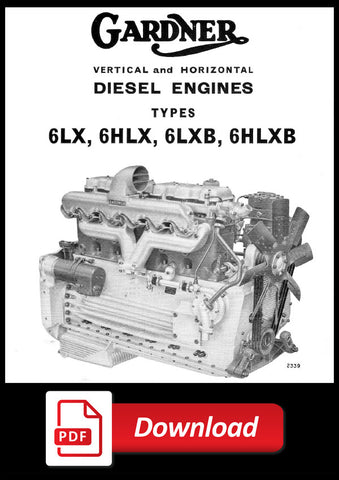Bristol Cars & Commercials Workshop Service Manuals | PDF Downloads

Explore our collection of Bristol car and commercial vehicle workshop, service, and repair manuals presented in PDF format.
Our manuals include:
• Workshop & Repair Manuals – maintenance, servicing and adjustment procedures
• Engine & Transmission Guides – overhaul, tuning and diagnostic information
• PDF Manuals – suitable for use on computer, laptop, tablet or smartphone
Why choose manuals from Car Manuals Direct?
• Professionally prepared workshop information for Bristol vehicles
• Searchable, bookmarked format for convenient navigation
• Trusted checkout and professionally presented manuals.






